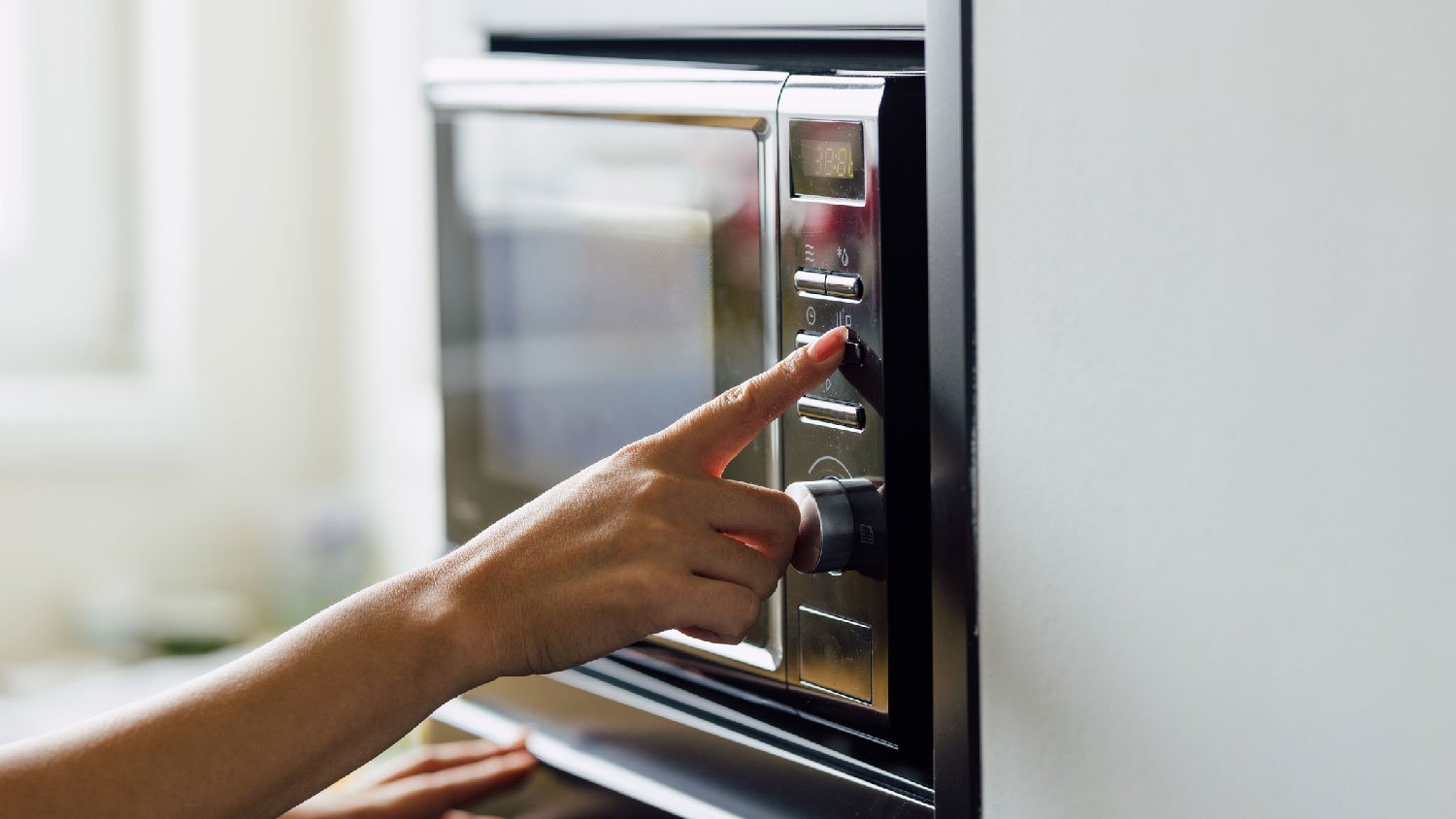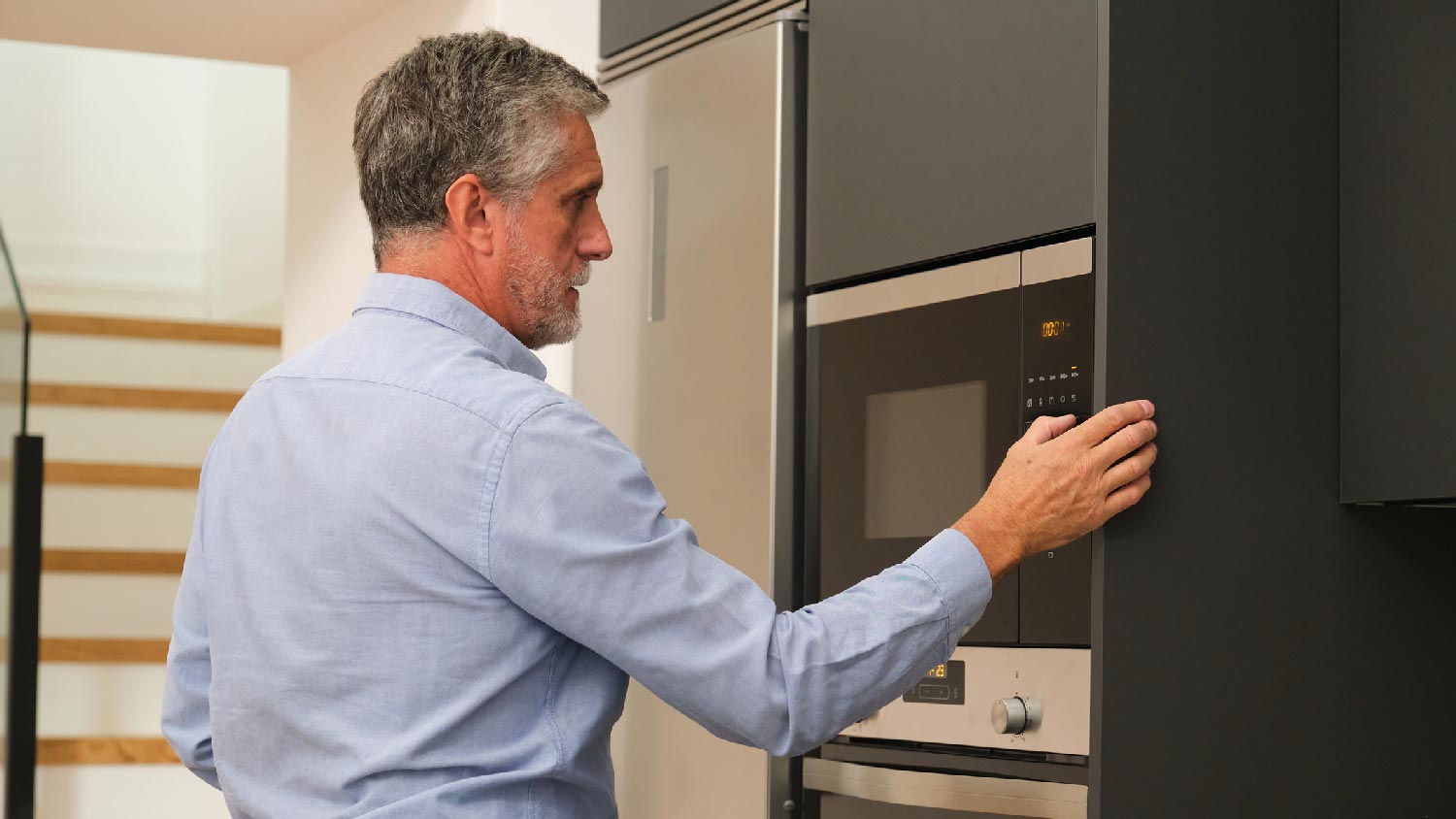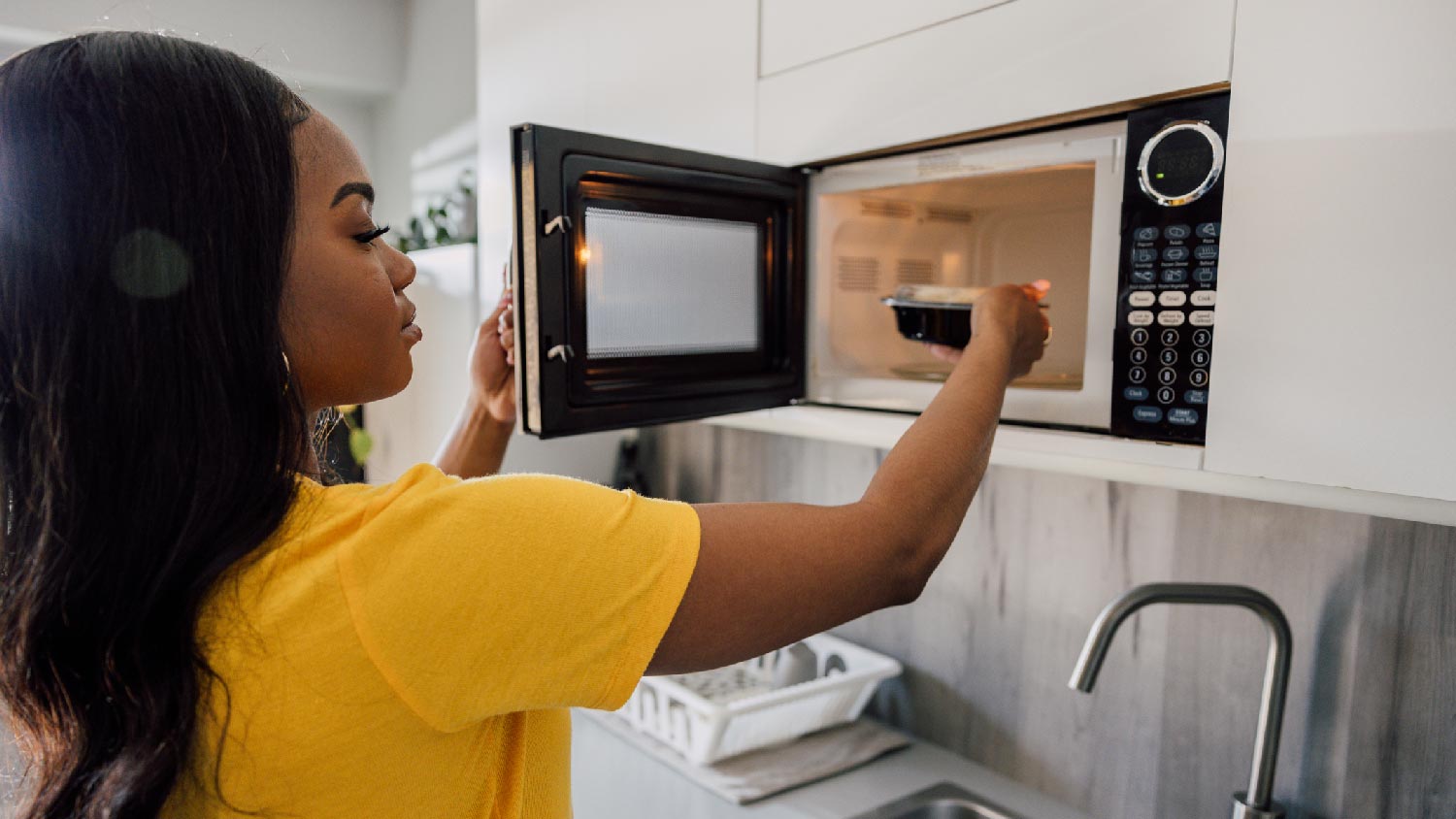What Are Dishwasher Decibels? What to Know When Buying a New Model
Sometimes the best dishwasher is seen and not heard


Decibel ratings measure the average volume of each cycle.
Common dishwasher decibel levels fall between 38 and 52 bDA.
You may pay more for whisper-quiet dishwasher models.
Your kitchen and home layout also determine how dishwasher sounds travel.
There's no question that you'd prefer not to yell "What did you say?" across the house every time you switch on the dishwasher. Dishwasher noise level is now a competitive selling point for modern models, and manufacturers advertise this perk with dishwasher decibels. But how much of an impact do dishwasher decibels have on the cost? And is it worth splurging on a whisper-quiet model when buying a new dishwasher? Let's dive into everything you need to know about dishwasher decibels.
What is a Dishwasher Decibel Rating?
On a scientific note, a decibel measures the relative volume of a sound, denoted by dB or dBA. You will often see the acronym dBA listed on dishwasher specifications since it represents decibels adjusted for the human ear. Basically, it measures how much we hear the wooshes and draining sounds coming from the kitchen.
Most modern dishwashers range between 38 and 62 dBA—much quieter than original dishwashers that could reach over 65 dBA.
As a point of reference, here are some common sounds that fall around each decibel level.
| Decibel Level | Everyday Sounds |
|---|---|
| 20 Decibels | Fall leaves, distant whispering |
| 30 Decibels | Close whispering, watch ticking |
| 40 Decibels | Quiet library, bird calls |
| 50 Decibels | Rainfall, refrigerator, standard conversation |
| 60 Decibels | Loud conversation, air conditioner |
| 70 Decibels | Vacuum cleaner, hair dryer |
Why Do Dishwashers Make So Much Noise?
Dishwashers send water spraying around a metal or plastic rub and then quickly rush it down the drain, so it’s bound to emit some noise. Standard noises included:
The spray arms push water on the dishes, doors, and sides of the interior.
The drain opens and closes to release water.
Water drains through the drain pipe under your sink.
Self-cleaning filters grind up food (in some models)
Grinding, clanging, or frequent bumping sounds could indicate that you have an issue with your dishwasher or loaded the dishwasher incorrectly. In these instances, it's important to inspect the interior, address DIY dishwasher repairs, or call in a local dishwasher repair pro.
Common Dishwasher Decibel Ratings
As noted above, most dishwasher models today range from 38 to 62 decibels. Manufacturers typically advertise the average dBA of the full cycle from start to finish, so keep in mind that there may be parts of the rinse or draining cycle where the sound goes above and below the average rating. Here are the common ways to break down decibels in dishwasher ratings.
| Dishwasher Decibel Rating | Dishwasher Noise Level |
|---|---|
| 38–45 dBA | Very quiet dishwasher; barely audible |
| 38–45 dBA | Quiet dishwasher; conversation-level |
| 52–59 dBA | Slightly noisy dishwasher; similar to an AC |
| 60+ dBA (uncommon) | Noisy dishwasher; disruptive sound |
Keep in mind that dishwasher noise levels always depend on the layout of your home. For example, if your bedroom is next to the kitchen or you have an open layout floor plan, a low-decibel dishwasher will have a greater impact. However, if your kitchen is enclosed and sits across the house from major living areas, it may not be worth the extra consideration.
How Do Dishwasher Decibels Affect the Price?

Dishwashers cost between $400 and $700, but can range higher than $2,000 if you purchase a model with all of the bells and whistles. There are many dishwashers in the $500 to $1,000 range with decibel ratings between 44 and 52. Ultra-quiet dishwashers can cost over $1,000 due to their construction, materials, and extra insulation to keep sound from carrying.
Factors That Affect Dishwasher Noise Levels
So, why are some dishwashers much better at doing their job quietly than others? Several main factors contribute to the average dishwasher decibels, including the following.
Quality of the insulation inside the core of the dishwasher doors and casing
Thickness of the insulation in the dishwasher
Stainless steel tubs tend to be quieter than plastic ones
Placement of the motor
Additional features like self-cleaning filters
Spray jet placement
Different motor speeds throughout the cycle
Proper installation and upkeep
You should also note that the material surrounding your dishwasher will affect how the sound travels. Plus, if you have an echoy kitchen, the sound is likely to travel further. All in all, try not to get caught up in a few decibels if you are between two models and fall in love with the slightly noisier one. You likely will not notice a slight difference in decibels, so choose the model best for your needs, home, and budget.
Frequently Asked Questions
A dishwasher with a 52 dBA or under is considered quiet or very quiet, similar to a soft conversation or a whisper. Remember that the design of your kitchen and your home layout will greatly affect how far the sound carries.
Quiet dishwashers tend to drive up the price, but the amount depends on the quality and brand of the model. You can find average-price dishwashers today with quiet dBA ratings due to the advancement of dishwasher technology.
The drain pump will naturally make a standard operational and draining sound several times throughout your dishwasher cycle. If you hear abnormally loud sounds like scraping, grinding, or clicking, you may have food debris or a piece of glass stuck in your drain filter. Avoid dishwasher repair by always scraping food off your dishes and loading the racks correctly.




- Window A/C Repair
- Microwave Repair
- Small Appliance Repair Services
- Garbage Disposal Repair
- Emergency Appliance Repair Companies
- GE Appliance Repair
- Samsung Appliance Repair
- Samsung Microwave Repair
- Whirlpool Repair
- Maytag Appliance Repair
- Kitchenaid Mixer Repair
- Kenmore Appliance Repair
- Kenmore Vacuum Repair
- Bosch Appliance Repair
- Kenmore Refrigerator Repair
- LG Appliance Repair Services
- GE Microwave Repair
- Electrolux Appliance Repair
- Electrolux Vacuum Repair










